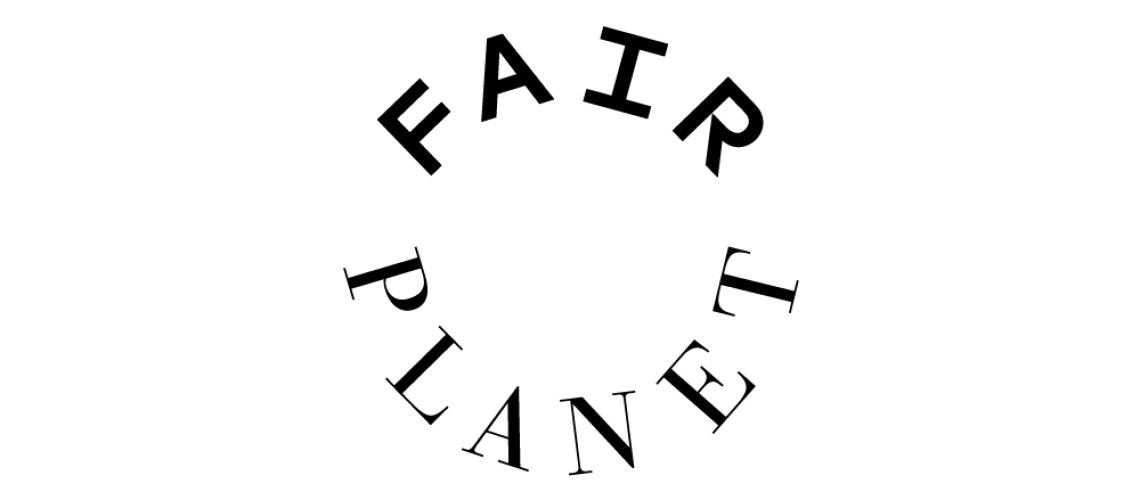Adama Sawadogo got interviewed this week in FairPlanet. Massive thanks to Bob Koigi for his article “The Bracelet that Registers 230 Million ‘Ghost’ Children”
"Up to 40 per cent of the African population does not legally exist and our continent is home to the majority of the 230 million ‘ghost children"
"Without recognition by their states, they cannot claim any right: no proper care, no access to education, training or social protection. Children without identities are victims of early marriages, early recruitment into the armed forces among others. In addition, it is impossible for them to access justice appropriate to their age."
"It is based on an Android mobile application. A unique and impossible to duplicate 'bubble code', is placed on the bracelet of the newborn. The health officer scans the bracelet using the application which then generates a form These details are then received by the server of the national Centre of civil status"
"The records of civil status become a central national records repository that grows every day"
"The fundamental characteristic of a bubble code is its absolute uniqueness which cannot be duplicated. We have had to go through numerous tests and pilots to ensure that it is tamper proof because we understand how crucial a reliable data capture system like this one means to the country."
"While it traditionally took more than two years to have these birth certificates, now it takes even a day and governments can now build a reliable and comprehensive registration record."
"We have had an impressive support from parents because we have made them realize the importance of having their children registered. In fact most of them keep calling us to register their newborns because they have come to realize how important a birth certificate is to their children in their tender age and even when they start accessing government services."
"ICivil has been designed for all of Africa. All African States face similar headwinds in the registration of newborns and so we look to sharing the successes we have experienced in Burkina Faso to the rest of the continent."


